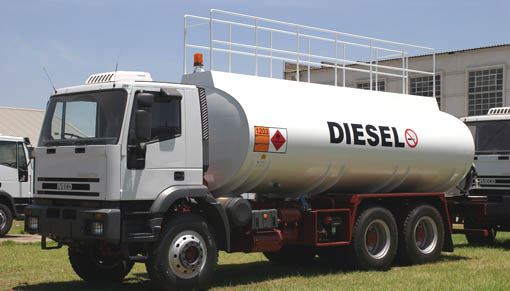Why Fuel prices are rising in INDIA | How it is calculated and Who is responsible
Of let the
fuel prices in India are soaring high. On Thursday, petrol price touched Rs
85.29 per liter in Mumbai, while in Delhi the price inched higher to a new
record of Rs 77.47 per litre. Similarly, the diesel rates have also risen to Rs
68.53 and Rs 72.96 per litre in Delhi and Mumbai.
Now, let us understand how the fuel
prices are determined in India.
Petrol price = cost price
(procuring + refining + marketing) + tax (central + state)
Cost Price = f (International
Crude Price)
International Crude Price = f (Supply,
Demand, Government policies, Financial Institutions, Geopolitics)
As the International crude price
rise , there is increase in cost price eventually increasing the petrol price.
The Government of India passes
the rising price burden to the consumers slowly, as it aims to shift to market
determined price. The price of kerosene does not rise in such magnanimous
amount as this gas is provided at subsidized rates to the less income group.
This less income group cannot absorb the drastic change of price. On the other hand,
the primary consumers of petrol belong to rich and middle income group who
are capable enough to absorb rising prices .
Petrol and Diesel are the
consumable goods which do not fall under the purview of GST. Had it been the other way around, the prices
of petrol and diesel would have fallen. The taxes levied on petroleum products
serves as a major source of revenue for the Government.
The Union Oil Minister Dharmendra Pradhan
is contemplating on bringing petroleum products under GST tax regime. However,
Union Minister Nitin Gadkari objected to this idea saying that subsidizing
petrol and diesel prices will bring down the monetary fund reserved for social
welfare schemes of the government and cited that increase in oil prices is
“unavoidable” since India is now linked to the
global economy.
Both national parties, be it NDA or UPA in their regimes could not exempt tax
revenues from petrol and we do not see much possibility of it in near future.
So, once again the disposable income of the common man is reduced and the price
heat will affect the middle income group the most. The Present Government at
the Centre should understand this painful sentiment and frame appropriate
policies to tackle rising petrol prices.
What is Nipah Virus | Must Read
What is Nipah Virus | Must Read



This comment has been removed by the author.
ReplyDeleteGreat analysis. Despite fuel prices going lower in other parts of world due to a decrease in demand, in India, fuel prices are going higher. As a manufacturer and seller of gas safety equipment such as pressure regulators, propane regulators, gas heater regulators, hoses etc. I am glad to come across this, thanks for sharing.
ReplyDeleteI read the above article and got some knowledge from your article which is about fuel. It's actually great and useful data for us. Thanks for sharing it.
ReplyDeletefuel oil blending